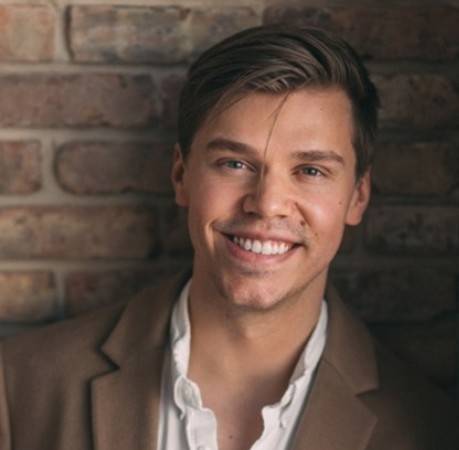I hardly knew what CaRMS (the Canadian Resident Matching Service) was before starting medical school. I knew that residency was the next step in training after medical school and there was some sort of process to get to it. I was focused on first getting into medical school that I didn’t think about what came next. If you had told me that I’d “CaRMS Match” to my top choice program in Anesthesiology, I would’ve had no idea what you were referring to.
Everyone has an extremely tailored experience and different takeaways from their CaRMS match. I think regardless of outcome and prior knowledge of this process, the final year of medical school is a test in self-compassion. Each stage of the CaRMS process presents a separate challenge. The first stage is to prepare and submit your application, which varies from program to program but generally includes a CV, personal letter and reference letters. While preparing this paper portion, I placed myself under immense pressure. In some ways, this felt like the only component of the whole process that had any control over. The second stage, interview offers, is probably what hit me the hardest. It can be brutal watching doors slam closed before getting a chance to actually decide anything. For what it’s worth, I was rejected from 22 out of 27 applications across multiple specialties. A lot of doors seemed closed. This was when doubt started to set in too - it seemed like everyone else was collecting interviews while my third component, the virtual interview tour, was looking rather sparse. I held fast to the advice that the student counsellors gave me: you only need one.
At least my rank order list was easy to make.
The stakes involved are extremely challenging to explain to well-intentioned friends or family:
“You’re still a doctor at the end of it, right?”
“Well, we’re short doctors everywhere, that doesn’t sound so bad.”
“Why can’t you just ‘do’ what you want?”
It can feel isolating to go through this trial that seems like it can shape so much of your future and to communicate that with those who have not participated in the Match. A part of my frustration with this came from how much I love my specialty and how hard it would be to match outside of it. That being said, I know it’s not easy supporting someone for months on end, their every thought distracted by this looming shadow. To the partners, families, mentors and classmates – we need you.
Match Day itself is a tough one to describe. It’s a comet of apprehension, disappointment and hope colliding onto a few lines of text on a website that takes entirely too long to load. I had the best result I could’ve asked for and at 10 a.m. MST that day, I was finally on the right track. My single biggest lesson from this exhausting process is to be grateful. The years of hard work and dedication only reflect a component of a Match Day result. Beside me was support from my wife and family, shared bonds with my classmates and guidance from mentors. These were the key elements that matched me to my chosen specialty. To the unmatched and mismatched students every year – you are stronger than we recognize.
It’s been a year since the Match and it would be much too long of a blog to describe residency too. Instead, here’s a few pieces of advice I’ve learned so far:
- Residency is supposed to be hard – that’s the process. Feeling scared, overwhelmed and fatigued is part of this journey. It’s necessary for growth. But practice self-compassion; it’s not a failure of your character or reflective your abilities. Embrace it as a step in becoming an independent physician and take care of yourself to stay healthy as you move through it.
- 3 a.m. isn’t the time for resource stewardship. If you’re unsure about a patient, just order the test (or ask your senior/staff). It’s a lot easier to stand by an unnecessary lab test than a missed diagnosis. Both are going to happen more than once.
- All the cool stuff happens on call. This is the season in your career to collect experiences and learn from them. Try to make the most it.
To the incoming R1s – you’re going to do great.
***
Dr. Michael Zeeman is an Anesthesiology & Pain Medicine resident physician at the University of Alberta.




Be the first to leave a comment!